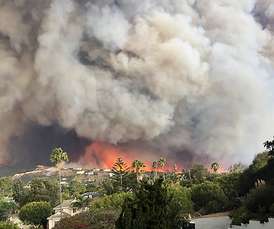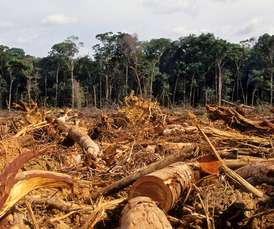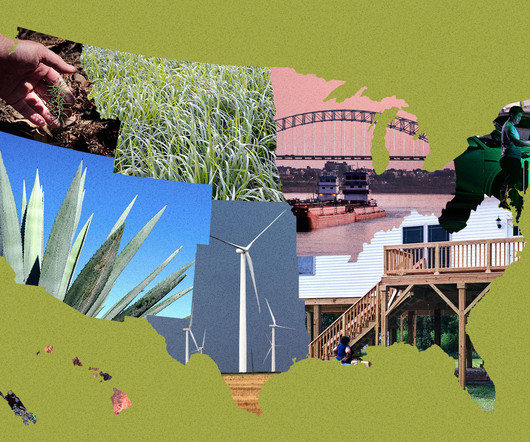'Every fraction of warming matters': World careering towards irreversible climate impacts, top scientists warn
Business Green
AUGUST 9, 2021
Due to human activity - largely the burning of fossil fuels - concentrations of CO2 in the atmosphere are higher than at any time in the last two million years, with concentrations continuing to increase in 2020 despite the temporary dip in annual global emissions that resulted from the Covid-19 pandemic, according to the report.















Let's personalize your content